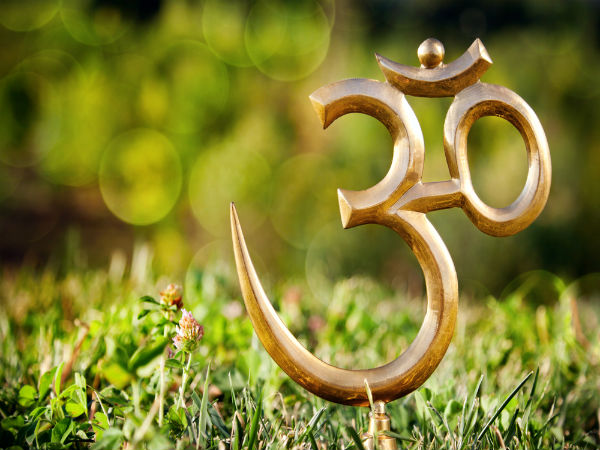Ashwini Shukla Pratipada, Kaliyug Varsha 5116
Hinduism is one of the most profound religions on the globe and has numerous concepts that attest its validity and probable supremacy. Amongst the many profound concepts of Hinduism is that which talks about the three Gunas. Before we actually go about elucidating the three Gunas in Hinduism, let us first answer the basic question of what is Guna.
 |
Guna in Hinduism basically means tendency. It speaks of the tendency of a human towards a particular incident or a particular task. It fundamentally refers to a quality of a human being. Having understood what the term Guna in Hinduism means, let us now look at the three types of Gunas.
It is believed that every human being has all the three Gunas. The three Gunas in Hinduism are Tamas, Rajas and Sattva.
Let us try and understand what each of these Gunas signify. The first Guna, i.e. Tamas, is a tendency that symbolizes, ignorance and arrogance. The second, Rajas, is descriptive of a self-centred attitude towards life and people. The third, Sattva, is the highest of the three Gunas and is symbolic of a pristine self replete with calmness and composure.
In Hinduism, it is said that people must choose their career according to the Guna that is the most dominant. Hinduism pushes people to adopt the Sattva state, a state that is free from undue misery. The Sattva state is a state of supreme joy no matter what sitations may be encountered in life.
As humans, we must refrain from breeding the tendencies of Tamas and Raas, for we automatically slip into a lower level of vibration and will be unable to attract positivity from our lives. The protective forces of the universe also do not protect us during the hour of need when we fail o adopt the tendency of Sattva.
Moreover, if we dwell in the state of Tamas and are controlled by the state of Rajas, we are bound to never discover our truest potential in the realm of human existence.
Source: Bold Sky

 Mumbai college implements uniform dress code, bans on hijab and burqa on campus
Mumbai college implements uniform dress code, bans on hijab and burqa on campus Bangladesh: Hindu girl sentenced to 5 years in jail over accusation of ‘blasphemy’
Bangladesh: Hindu girl sentenced to 5 years in jail over accusation of ‘blasphemy’ Top LeT commander Basit Dar among 2 terrorists neutralised in an encounter in Kulgam
Top LeT commander Basit Dar among 2 terrorists neutralised in an encounter in Kulgam Shafique sentenced to life imprisonment for killing sister who converted to Hinduism, her husband
Shafique sentenced to life imprisonment for killing sister who converted to Hinduism, her husband Delhi LG recommends NIA probe against Arvind Kejriwal over ‘political funding’ from SFJ
Delhi LG recommends NIA probe against Arvind Kejriwal over ‘political funding’ from SFJ Ibrahimsab, Akbar awarded death penalty for setting pregnant Muslim woman on fire for marrying a Hindu boy
Ibrahimsab, Akbar awarded death penalty for setting pregnant Muslim woman on fire for marrying a Hindu boy